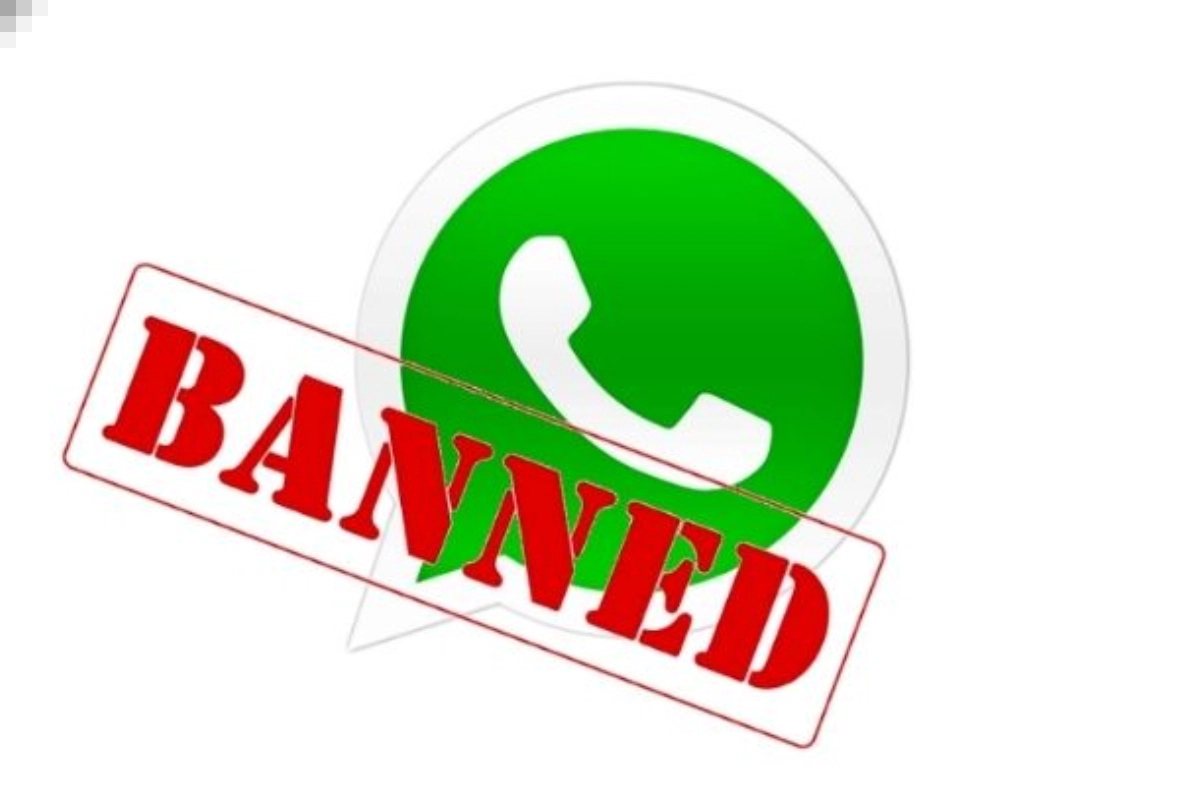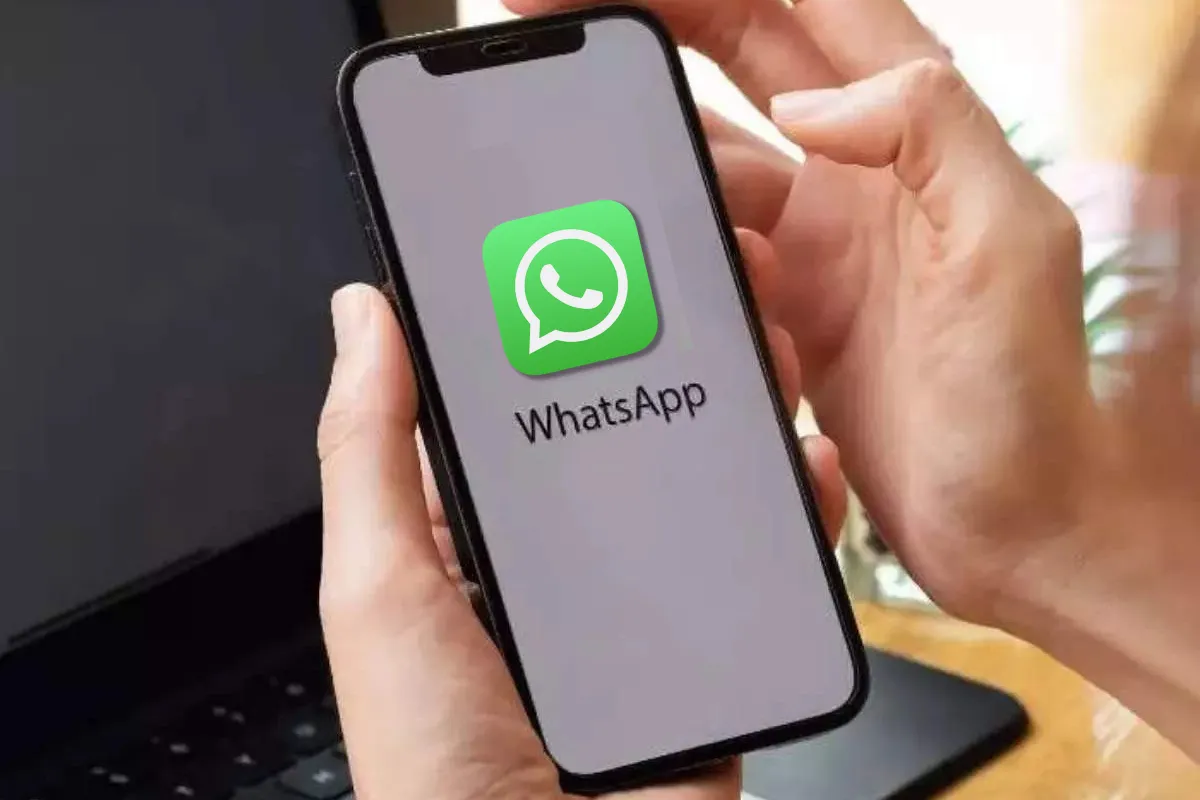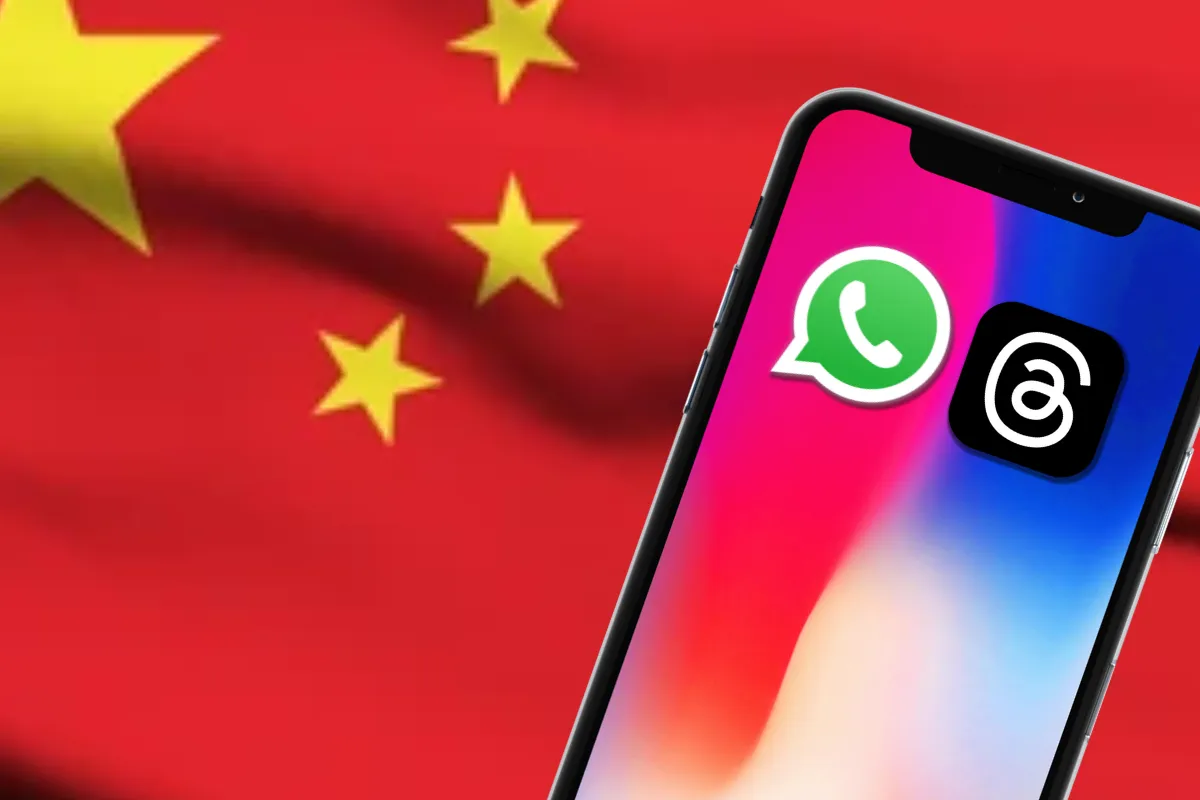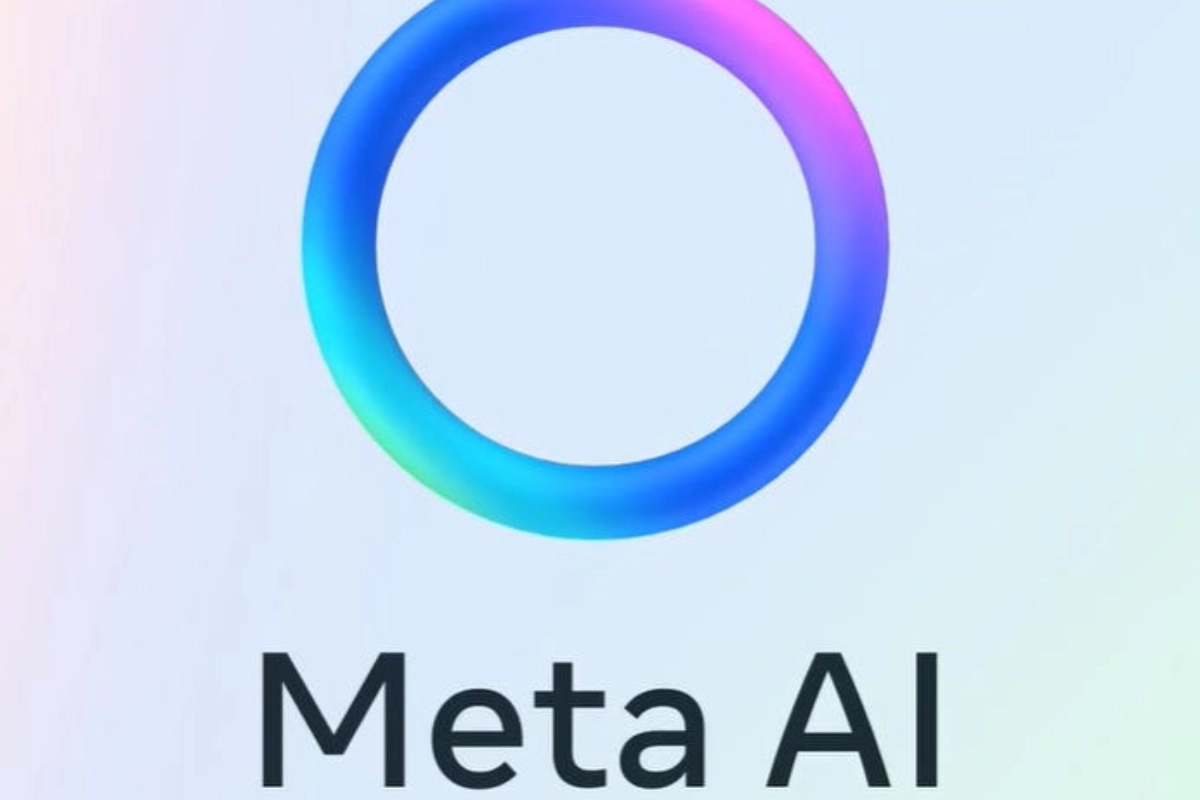WhatsApp: In November 2023, Meta-owned WhatsApp blocked more than 71 lakh accounts in India. From November 1 to November 30, WhatsApp blocked 71,96,000 accounts; of these, 19,54,000 accounts were blocked proactively by the firm before anyone reported them, according to India’s monthly report under the IT Rules, 2021 (released on January 1, 2024). Read on to know the reason why these accounts were banned.
Why did WhatsApp ban 71 lakh accounts?
According to WhatsApp’s most recent monthly report, which was released in accordance with the Information Technology (Intermediary Guidelines and Digital Media Ethics Code) Rules (2021), 71,96,000 accounts were banned between November 1 and November 30, 2023. The messaging platform stated that these accounts were registered using a phone number with the international prefix +91.
According to WhatsApp, out of over 71 lakh accounts, 19,54,000 were proactively banned last November; users were not required to report these accounts for breaking the company’s rules. WhatsApp has on-platform abuse detection technologies that can proactively identify policy infractions, in addition to allowing users to report accounts.
According to the report, WhatsApp, the most popular messaging app in India with over 500 million users, received 8,841 complaints in November. The phrase “accounts actioned” describes situations in which WhatsApp fixed issues as a result of these reports. This can entail taking action that results in the account being banned or in the account being banned again.
What did the company say?
WhatsApp said, “This user-safety report contains details of the user complaints received and the corresponding action taken by WhatsApp, as well as WhatsApp’s own preventive actions to combat abuse on our platform.”
In order to improve customer safety and privacy, WhatsApp has been rolling out security features all year. As of right now, the app offers end-to-end encryption, chat lock, and the ability to mute unfamiliar numbers, making it a private and secure cross-platform messaging service.
Keep watching our YouTube Channel ‘DNP INDIA’. Also, please subscribe and follow us on FACEBOOK, INSTAGRAM, and TWITTER












